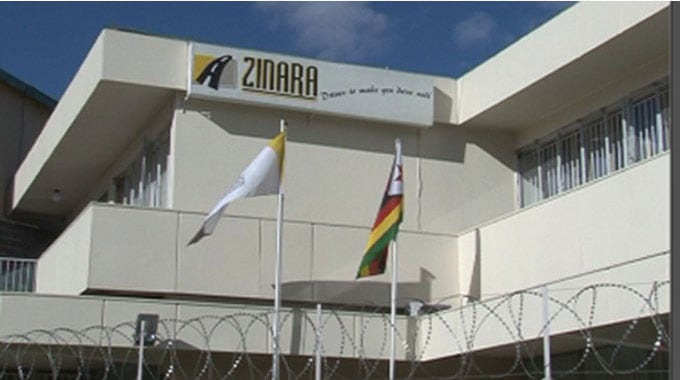Only 800 000 out of 1,2 million registered vehicles are being compliant in terms of licencing, indicating a compliance rate of approximately 60 percent, reports the Zimbabwe National Road Administration (ZINARA).
Speaking on Wednesday, ZINARA board chairman Dr George Manyaya bemoaned the high non-compliance rate, saying the revenues being collected under licencing were far below those calculated to be collected.
“Monthly, ZINARA licences an average of between 130 000 to 150 000 vehicles only which amounts to between US$2,6 million and US$3 million a month which is predominantly receipted in Zimbabwe dollars,” he said.
“In essence, with a compliance rate hovering around 60 percent, the revenues collected under licencing are far below those claimed to be collected.”
Dr Manyaya denied rumours that there are around a million cars in Harare alone, saying the whole country had 1,2 million registered cars.
“In the year under review, licencing collection amounted to just over a third of total revenue collected. For instance, records show that, vehicles that are registered in Harare are around 300 000,” he said.
“However, the fact that these cars are registered in Harare does not naturally translate to mean they do their business in Harare.
“Most big corporates and companies are headquartered in Harare, hence their fleets are also registered in the capital, but their operations are spread across the country where roads also need to be maintained.”
This comes barely a month after Harare mayor Clr Jacob Mafume had incorrectly claimed that Harare boasts 800 000 registered vehicles, each paying US$20.
Dr Manyaya clarified that ZINARA funding are only allocated to gazetted roads, noting that the majority of roads in newly developed areas are not yet gazetted.
“The responsibility of constructing new roads remains a prerogative of road authorities through their internal budgets and other innovative initiatives,” he said.
“We have also noted that some housing developers are not fully servicing stands to ensure that all amenities such as roads and sewer are in place before people start building their houses.
“We, therefore, duly implore our local authorities to strictly supervise the housing developers to ensure that they deliver quality and completed projects to members of the public.”
The rationale behind collecting vehicle licensing fees on behalf of all road authorities, Dr Manyaya said was done to ensure greater efficiency.
Newsreport













